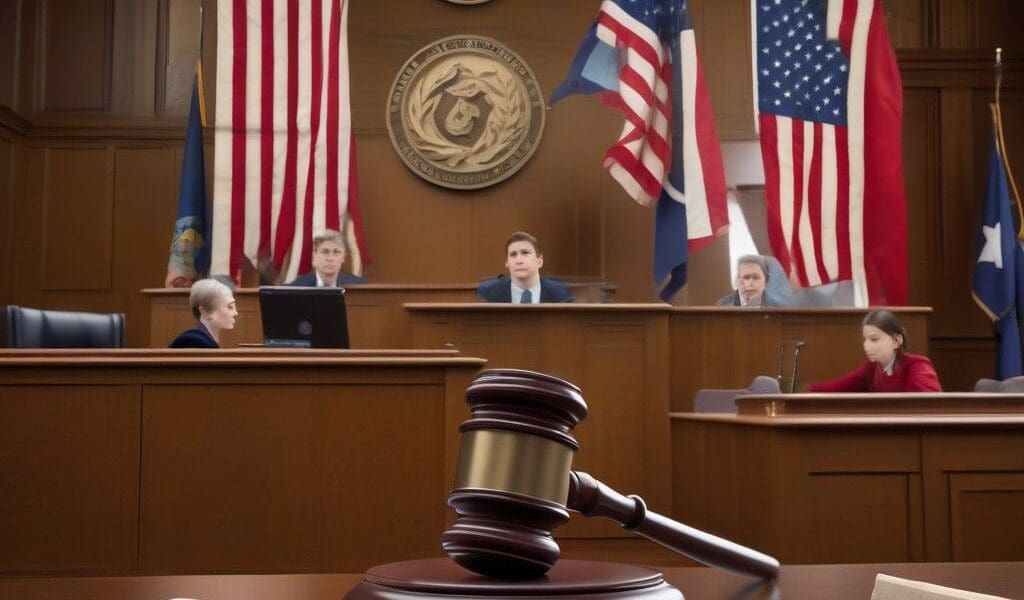TikTok Faces Lawsuit in Texas Over Child Privacy Breach
TikTok is now under fire with a lawsuit filed in Texas that accuses the popular social media platform of illegally sharing minors’ personal information. This legal action, initiated by Texas Attorney General Ken Paxton, raises serious concerns regarding the protection of children’s privacy online and the responsibilities of digital companies in safeguarding this sensitive data.
The lawsuit claims that TikTok violated Texas’s Securing Children Online through Parental Empowerment Act (SCOPE Act) by sharing personal details of users under the age of 13 without parental consent. This allegation highlights a critical aspect of digital marketing and social media operations, where companies collect extensive data from young users often unaware of the implications.
One of the primary grievances noted in the lawsuit is TikTok’s inability to provide adequate privacy tools for young users. As the platform continues to target children as a key demographic, it raises ethical and legal questions about the appropriateness of advertising directed towards minors. Specifically, the lawsuit points out that even accounts set to private had their information shared, a disturbing violation of users’ expectations of confidentiality.
The Texas attorney general elaborated that TikTok is primarily driven by profit, leading to a blatant disregard for the safety and privacy of children. Such claims remind us of the critical role that businesses have in protecting their users, particularly vulnerable groups like minors. In the current climate of digital commerce and marketing, the need for transparency and responsibility is paramount.
The repercussions of this lawsuit could be significant. If found liable, TikTok may face civil penalties, with fines reaching up to $10,000 for each violation. This potential financial impact could reverberate throughout the tech industry, prompting other platforms to reassess their data handling practices concerning minors.
This case is not an isolated incident but part of a growing trend of scrutiny that social media platforms face regarding privacy issues. For instance, Facebook and Snapchat have also faced legal challenges related to children’s data protection laws in recent years. These cases reflect a broader societal concern over children’s safety in an increasingly digital world.
Furthermore, the lawsuit has implications for the general field of digital marketing and e-commerce. As businesses utilize platforms like TikTok to reach younger audiences, they must navigate a complex landscape of regulations designed to protect minors. E-commerce brands leveraging social media for advertising need to be acutely aware of the legal frameworks governing children’s online privacy to avoid falling into similar traps.
In a digital world where data is currency, companies must ensure they are not only compliant with existing laws but also proactive in safeguarding the interests of their youngest users. The fact that TikTok has yet to comment on the lawsuit raises questions about their position and potential defense regarding these serious allegations.
The outcome of this lawsuit will serve as an important precedent in the ongoing conversation about digital ethics and child safety online. It underscores the importance of maintaining high ethical standards and legal compliance in the face of rapid advancements in technology and the evolving landscape of digital marketing. As the case unfolds in Galveston County court, it will be illustrative of the measures businesses must take to protect children as they navigate the complexities of the internet.
With increasing awareness and advocacy surrounding children’s online safety, companies like TikTok will need to reconsider their policies and implement stronger protective measures to prevent potential violations and ensure a safe environment for all users.








